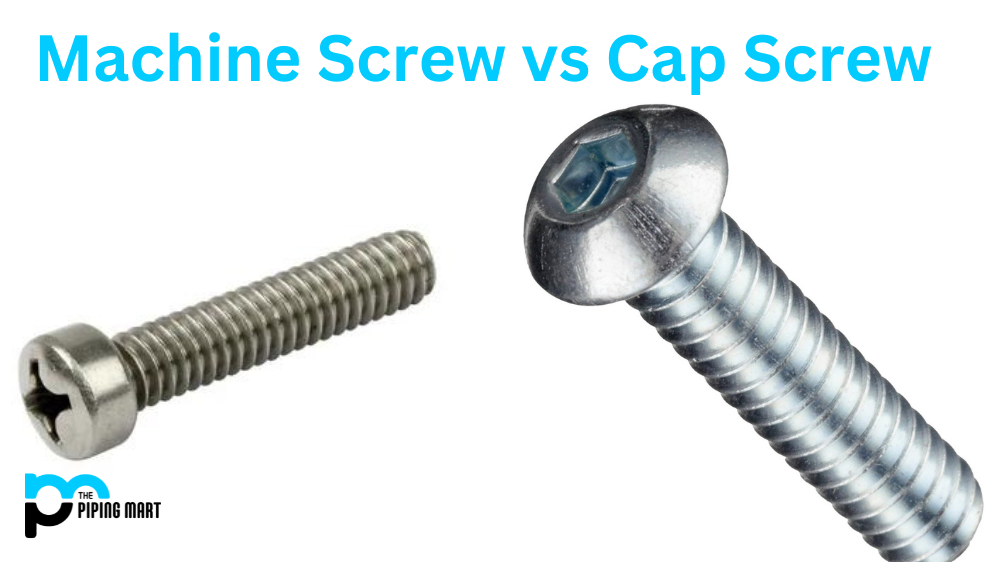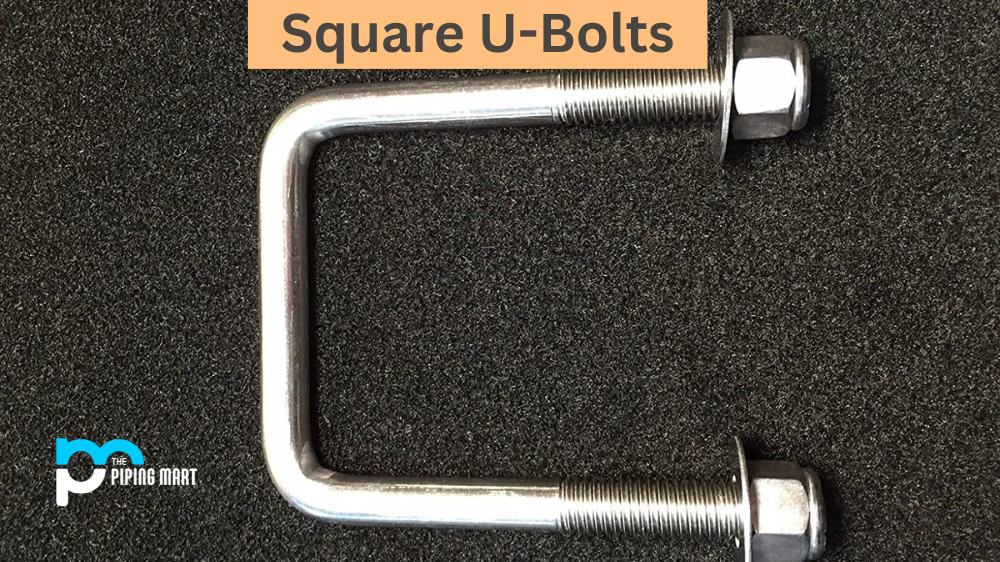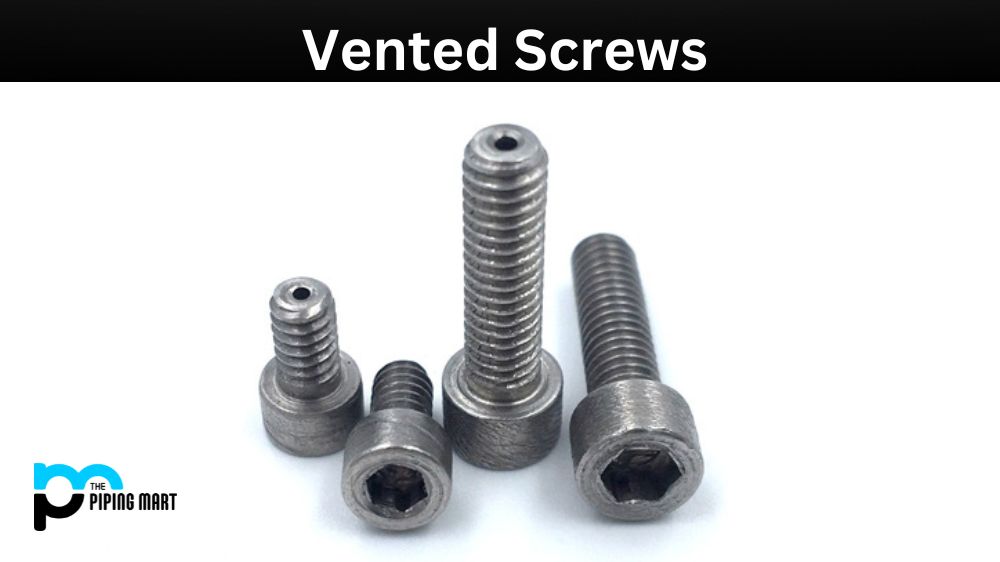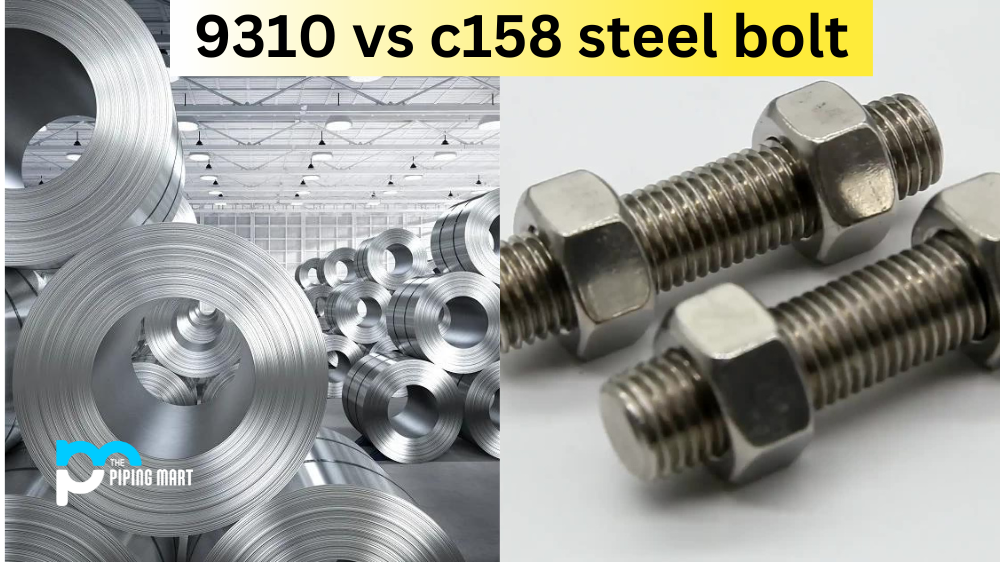Screws are necessary fasteners that we rely on in our day-to-day life. They come in different variations to suit various applications, often confusing in choosing the right type of screw for a specific purpose. Two such types of screws that are often confused are machine screws and cap screws. This article will explore the differences between these two screws and help you understand which one to use in different applications.
What is Machine Screw?
Machine screws are screws designed to be fastened in a pre-tapped hole or used with a nut. They are typically used in machinery, appliances, and electronics. They come in various sizes and styles, including flat head, pan head, and round head. They also come with multiple drive types like Slotted, Phillips, and Torx.
What is Cap Screw?
Cap screws are screws that are designed to be fastened with a nut. They are commonly used in construction, automotive, and industrial applications. Cap screws come in various sizes, materials, and finishes. They also come with different drive types, such as hex head, square head, and Torx.
Differences Between Machine Screws and Cap Screws
Machine screws are typically smaller and come with various drive types, whereas cap screws tend to be larger and have more limited drive types. Machine screws are used in conjunction with a nut or in pre-tapped holes. Cap screws, on the other hand, are always used in conjunction with a nut. Additionally, cap screws tend to have a higher tensile strength than machine screws, making them suitable for heavy-duty applications.
When to Use Machine Screws
Machine screws are usually used in applications where the screw is fastened into a pre-tapped hole or with a nut. They are used in machinery, appliances, and electronics, and their small size makes them ideal for use in confined spaces. Machine screws also fasten panel covers, nameplates, and other lightweight components.
When to Use Cap Screws
Cap screws are ideal for applications requiring a high degree of tensile strength. They are typically used in construction, automotive, and industrial applications. Cap screws are also suitable for use in applications where the screw will be subjected to high stress and load. Due to their larger size, they can be easier to tighten and loosen, and their use of nuts makes them easy to replace if required.
Design
The primary difference between machine screws and cap screws is in their design. Machine screws are designed to be used with threads on a bolt or nut, while cap screws are designed to be used with a wrench. This means that cap screws can handle more torque than machine screws.
Materials
Machine screws and cap screws can be made from various materials, including steel, brass, and stainless steel. The type of material used will typically depend on the application in which the screw will be used. For example, due to their corrosion resistance, stainless steel cap screws are often used in food-processing applications.
Size
Machine screws and cap screws also come in a variety of sizes. The size of the screw will typically depend on the application in which it will be used. For example, smaller machine screws are often used to fasten electronic components together, while larger cap screws may be used to combine engine parts.
Price
Machine screws and cap screws also differ in price. Machine screws are less expensive than cap screws due to their more straightforward design. Additionally, machine screws are typically mass-produced, while cap screws may be produced by speciality manufacturers, which can also impact the price.
Conclusion
Choosing the correct type of screw is essential for any project. Both machine screws and cap screws have unique advantages and disadvantages, and the choice of which one to use will depend on the specific application. In general, machine screws are best suited for lightweight applications, while cap screws are ideal for heavy-duty and high-stress applications. No matter which type of screw you choose, always select the appropriate size, material, and finish to ensure a secure and reliable fastening solution.

Meet Bhavesh, a seasoned blogger with a wealth of knowledge and experience. From metal products manufacturing to retail, Bhavesh has a diverse background in various industries and is dedicated to sharing his insights and expertise with readers.




